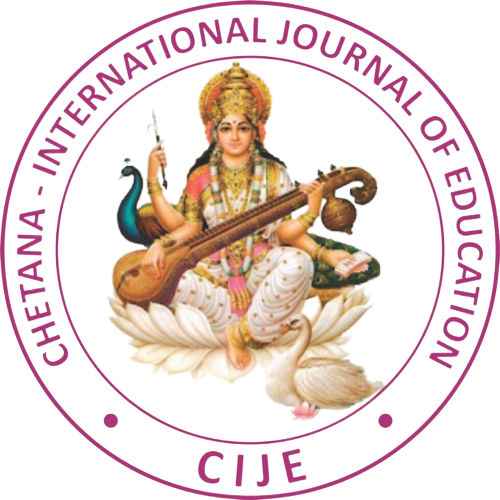Prakriti in Indian Philosophy (With special reference to Pranami Dharma)
- View Abstract
- Download PDF
- Download Certificate
-
Published on: Jun 30, 2025
-
DOI: CIJE20251021129
gourav dwivedi
Gourav Dwivedi Research Scholar, School of Studies in Philosophy and Research Centre Maharaja Chhatrasal Bundelkhand University Chhatarpur (M.P.) 471001
The concept of prakriti (primordial nature) is a foundational metaphysical principle in Indian philosophy, particularly emphasized in the dualistic Sāṃkhya system. This research paper explores the treatment of prakriti within Indian philosophical traditions, with a special focus on the insights offered by Mahamati Prannath, the founder of the Pranami Sampradaya. Emerging in 17th-century India, the Pranami Dharma offers a syncretic worldview combining Vedantic, Sufi, and Bhakti perspectives. Mahamati Prannath accepts the ontological reality of prakriti but reinterprets it as a divine projection (līlā) of the Supreme Akshar Brahman. Unlike classical Sāṃkhya, which treats prakriti and puruṣa as two co-eternal, independent principles, Prannath regards prakriti as subordinate and dependent on the divine will. This paper critically compares the dualistic ontology of Sāṃkhya with Prannath’s non-dual, theistic metaphysics, drawing on primary texts like Tartam Sāgar, Rigveda, and Sāṃkhya Sūtras, along with key interpretative works.


